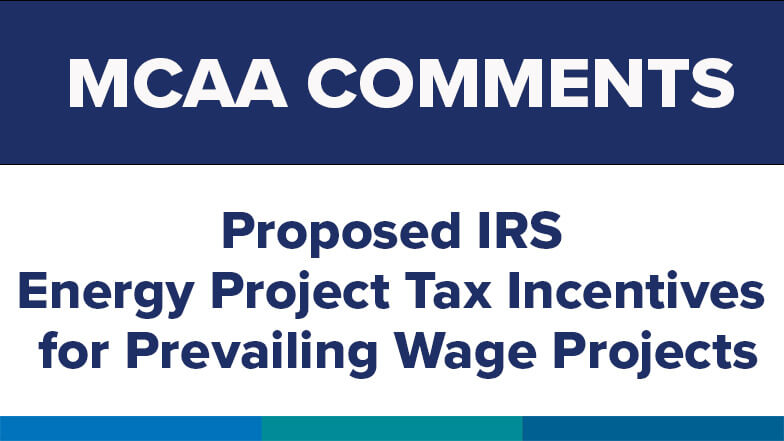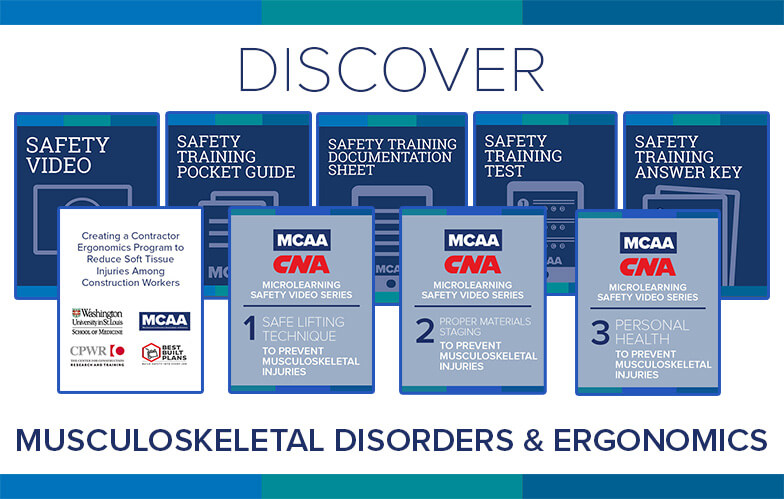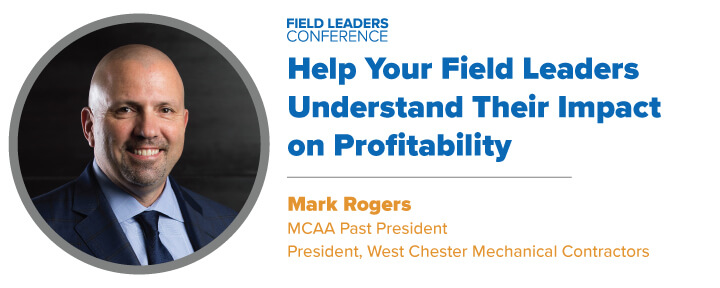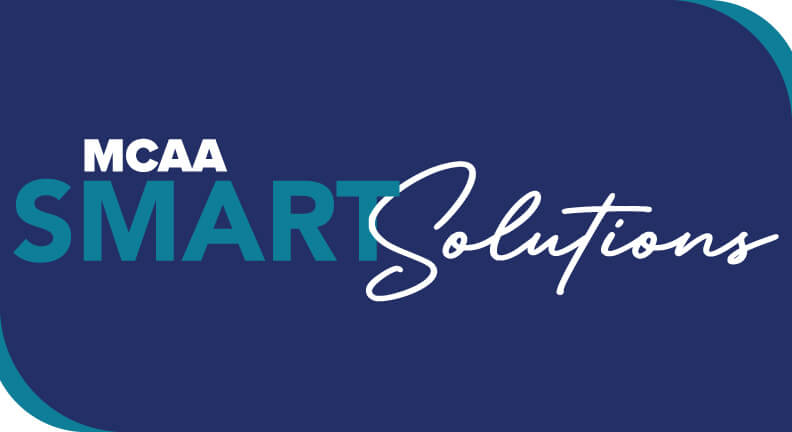
MCAA recently submitted comments on the proposed Internal Revenue Service (IRS) regulations implementing the Biden Administration’s energy project enhanced tax incentives for projects paying prevailing wages and using a minimum of 10 to 15 percent registered apprentice hours (PWA).
The comments cite the “laudable public policy goals boldly declared by the Biden Administration in all respects” pertaining to improving the nation’s environment and addressing climate change with high-premium incentives for energy projects paying prevailing wages and using registered apprentices. These incentives would apply on a broad range of private and public sector projects.
MCAA Government Affairs Committee Chairman Jim Gaffney emphasized in the MCAA comments that, “high-road prevailing wage and apprentice utilization and project labor agreement projects (PLAs) are strongly associated with more productive and superior project outcomes.”
Citing the recent MCAA/UA sponsored Independent Project Analysis (IPA) report, Quantifying the Value of Union Labor in Construction Projects, Chairman Gaffney’s comments also advised that, “owners choosing PWA and PLA incentives should factor in a substantial productivity edge and overall cost reductions and risk mitigation advantages in their project cost/benefit analysis as well.”
Noting that the proposed IRS regulations rely on post-project completion compliance audits to assess tax credit eligibility, Gaffney counseled the IRS to, “add in more proactive front-end planning approaches to move compliance incentives up front in the owner’s project pre-planning solicitation, and procurement and acquisition process.”
Chairman Gaffney concluded, “In this way, high quality job site prime contractors and subcontractors bidding or offering on the projects will engage in more robust competition because their greater facility with the PWA and PLA aspects of the rules will be given fair weight and evaluation in the bidding and contractor selection process – and the risks of non-compliance aren’t put off to the end of the project where the burden and inefficiency of the owner’s project pre-planning deficits put dispute resolution and performance problem overhead into overall project performance unnecessarily.”




